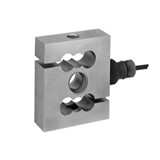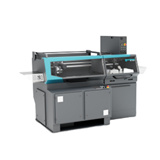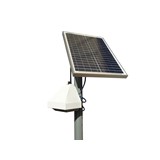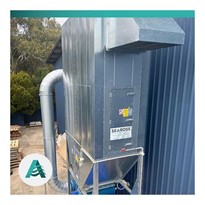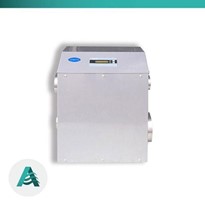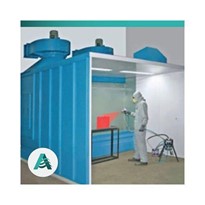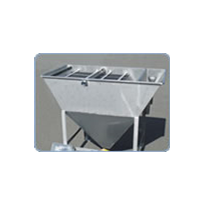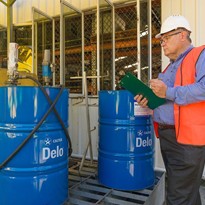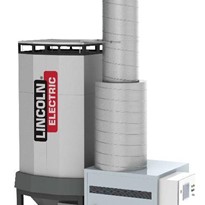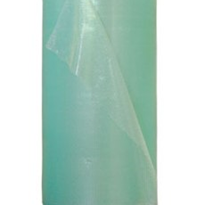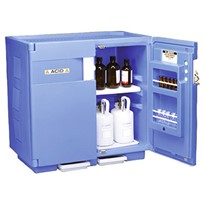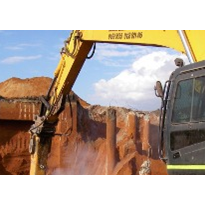The take-make-consume-throw away pattern relies on large quantities of cheap yet easily accessible materials and energy, where products are designed to have a short shelf life in order to encourage consumers to repeat purchases. This is not sustainable nor is it good for the environment.
The solution? Move towards a circular economy and watch Australia thrive. Here, Wastech explains how.
The case for switching to a circular economy
Economists have predicted that by 2050, there will be over 10 million people in the world. With the world’s population growing, there will inevitably be a demand for raw materials and more consumption. It’s important to note that the supply of crucial raw materials is finite. Needless to say, extracting and using these raw resources will increase energy consumption, CO2 emissions and create more waste.
In a circular economy, there will be no waste as manufacturers will design innovative products to be reused. This is because this model relies on reusing resources again and again so that nothing goes to waste.
What are the benefits for Australia?
By employing a circular economy, Australians and future generations can enjoy a prosperous life on a healthy planet. Here are just some of the things we can look forward to if we make the switch to a circular economy.
Less impact on the environment
Cars, trains and planes run on fossil fuels such as diesel, petrol and kerosene. Extracting and consuming these finite resources has a negative impact on the environment, not to mention increases carbon emissions. By employing a circular economy approach, carbon emissions can be reduced.
Better for businesses
A circular economy will benefit economic growth, in terms of high productivity, additional jobs, and more income. Furthermore, businesses that take on this mindset will create a green image, which in turn will help develop stronger relationships with customers who align with these values.
Water use efficiency
In a circular economy, water wasted from leaky pipes will be a thing of the past. Implementing water recycling processes in a circular economy means it will create a knock-on effect where the amount of water saved may result in substantial cost savings per unit price.
Energy efficient buildings
Buildings in Australia will be built with higher standards of energy efficiency. With better glazing, better insulation or improved shading, there will be reduced expenditure on electricity, gas and waste services.
Less food waste
On a per capita basis, Australia ranks as the fourth largest food waster behind the US, Belgium and Canada. In a circular economy, there will be a reduction of the volume of surplus food generated. Food brands, retailers and chefs will also have an important role in innovating and designing food products, recipes and menus that are healthy for us and the environment. As an extension, food packaging will also need innovating as we look for ways to better preserve food while also ensuring the packaging is compostable. To learn more about Wastech’s waste and recycling projects, get in touch.


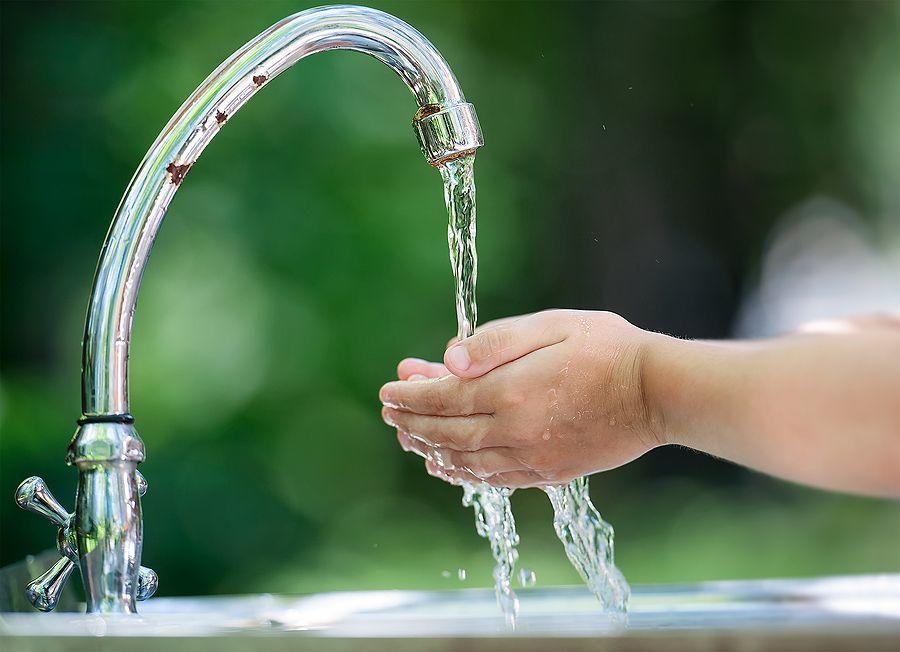




-160x160-state_article-rel-cat.png)
-160x160-state_article-rel-cat.png)


